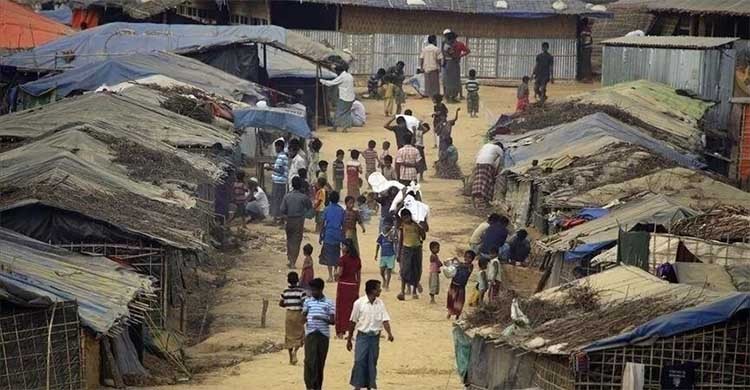Rohingya camps in Cox’s Bazar hit hard by dengue
28 May 2023, 08:19 pm | Updated: 23 March 2025, 07:56 pm

Dengue infections continue to spread among the Rohingya population in Cox’s Bazar with a total of 1,066 cases reported so far this year.
It is challenging to manage and prevent the virus in this community due to their lack of awareness, said Dr. Nazmul Islam, Director of Disease Control and Line of the Directorate General of Health Services (DGHS), at a press conference held on Sunday morning at DGHS.
He emphasized that due to cultural differences, efforts to address the problem cannot follow the same approach.
Dr. Nazmul also pointed out the poor water supply system for the Rohingya community, as they often collect water from various sources, including ditches, due to the lack of access to clean water. Their overall awareness regarding dengue prevention is also insufficient, he said.
He also noted that while Dhaka, despite its large population, has sufficient space prevent dengue, the Rohingya camp faces overcrowding, leading to a higher number of dengue cases.
“In the densely populated areas of Dhaka's two city corporations, mosquitoes’ prevalence in high,” said the health official.
However, pinpointing the specific area with the highest infestation rate is challenging at this time, he said, adding, further analysis of patient information is required to determine the most affected areas.
The responsibility for taking action against dengue in areas with higher prevalence lies with the local government, he added.
TK 100 and TK 500 fixed for Dengue test in govt and private hospitals respectively
Private hospitals in the country will charge maximum of TK500, while government hospitals TK100 for Dengue test.
The DGHS issued a warning about taking action against hospitals charging more than the designated fees.
Professor Dr. Ahmadul Kabir, Additional Director General of DGHS emphasized the importance of following the specific guidelines for dengue treatment and testing.
Professor Dr. Robed Amin, Line Director (CDC) at the DGHS, addressed misconceptions surrounding dengue.
“Contrary to popular belief, dengue is not solely a platelet disorder. Instead, the risk factor lies in plasma leakage. Platelets play no direct role in dengue, and patients require an adequate fluid intake rather than an excessive focus on platelets,” he said.





















